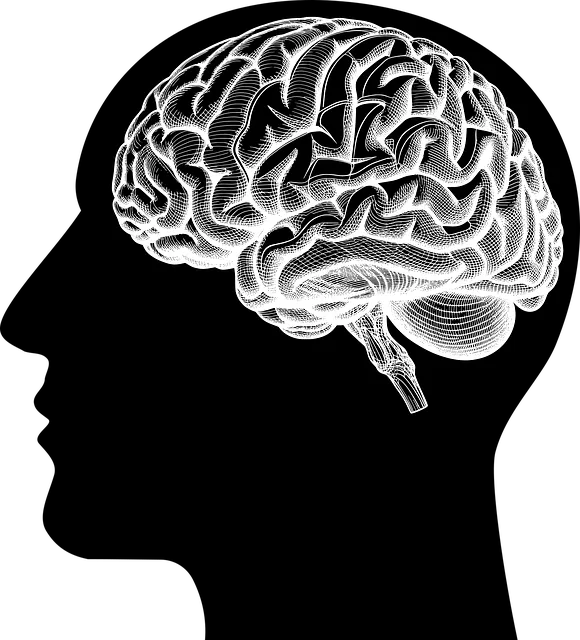Englewood, in partnership with Kaiser, uses the RFM (Risk, Functioning, Motivation) framework to enhance access to mental health care. This approach identifies risks, assesses functioning levels, and tailors interventions for personalized support, focusing on coping skills development and mindfulness. By integrating resilience-building exercises and addressing barriers, Englewood aims to empower individuals to manage stress and mental health challenges through evidence-based techniques, ensuring long-term well-being in a holistic manner.
“Uncovering a powerful tool for enhancing mental resilience, this article delves into the implementation of RFM (Resilience, Flexibility, and Mastery) exercises within community support systems. We explore how initiatives like Englewood’s innovative approach to expanding access to mental health services through Kaiser can revolutionize care. By understanding RFM’s role in fostering adaptability and emotional well-being, we provide practical steps for integrating resilience-building exercises into daily life. Furthermore, strategies are offered to overcome barriers, ensuring continuous improvement in mental health support.”
- Understanding RFM and Its Role in Mental Health Support
- Englewood's Approach to Expanding Access to Services
- Practical Steps for Implementing Resilience-Building Exercises
- Overcoming Barriers: Strategies for Success and Continuous Improvement
Understanding RFM and Its Role in Mental Health Support

Understanding RFM—or Risk, Functioning, and Motivation—is key to harnessing its power in mental health support, especially when seeking services like those offered by Kaiser in Englewood. This framework provides a nuanced view of an individual’s current state, identifying risks that may hinder their ability to access and engage with mental health care. By assessing functioning levels and motivation, RFM guides interventions tailored to address specific challenges, ensuring support that resonates with each person’s unique needs.
For instance, in the context of Englewood, where public awareness campaigns about mental health can be pivotal, RFM can help target initiatives for burnout prevention or depression prevention. This approach allows for more effective communication and access to services, ultimately fostering a resilient community where individuals feel empowered to seek and maintain their mental well-being.
Englewood's Approach to Expanding Access to Services

Englewood takes a holistic approach to expanding access to mental health services, especially through partnerships with healthcare giants like Kaiser. They recognize that getting individuals the support they need often begins with making services more accessible and understandable. To achieve this, Englewood implements creative strategies focusing on empowering people with coping skills development and promoting Mind Over Matter principles. By integrating mindfulness meditation practices into their programs, Englewood ensures participants develop effective tools for managing stress, anxiety, and other mental health challenges.
This comprehensive method not only tackles the immediate need for mental health services but also fosters long-term resilience. Through these initiatives, Englewood aims to break down barriers, dispel stigma, and ensure that individuals have the resources needed to thrive in today’s demanding world. Their focus on both accessibility and education is a game-changer, empowering folks to take charge of their mental well-being.
Practical Steps for Implementing Resilience-Building Exercises

Implementing resilience-building exercises involves a structured approach to enhance an individual’s or community’s ability to cope with challenges and stress. Here are practical steps to get started:
1. Assess Needs and Goals: Begin by understanding the unique needs of your group, whether it’s employees within an organization or members of a community. Identify specific areas where resilience can be strengthened, such as stress management, mood regulation, or emotional coping mechanisms. This step ensures that the exercises are tailored to address the most pertinent issues.
2. Choose Evidence-Based Techniques: There is a plethora of resources available, including Stress Management Workshops and programs centered around Mind Over Matter principles. Select exercises backed by scientific research for their effectiveness in building resilience. These might include mindfulness practices, cognitive behavioral techniques, or even physical activities that have been shown to reduce stress and improve overall well-being. Englewood, as part of the Kaiser network, can be a valuable resource to locate evidence-based mental health services to support these initiatives. By combining such interventions, you create a comprehensive resilience-building program.
Overcoming Barriers: Strategies for Success and Continuous Improvement

Implementing resilience-building exercises (RFM) can be a transformative process, but it’s not without its challenges. One of the primary barriers many individuals face is accessing mental health services, as they may feel intimidated or unsure about where to begin. Englewood, for instance, offers resources through Kaiser, providing an accessible avenue for those seeking support. Overcoming these hurdles requires a multi-faceted approach.
To ensure success and continuous improvement, it’s crucial to tailor RFM strategies to individual needs. This involves promoting self-esteem improvement and emotional well-being promotion techniques that resonate with each person’s unique journey. Mindfulness meditation, as an effective tool within RFM, can help individuals cultivate a sense of calm and presence, enabling them to navigate life’s challenges with greater resilience.
Resilience is a powerful tool in navigating life’s challenges, and the RFM model offers a structured approach to enhancing mental well-being. Englewood’s innovative strategies, by making services more accessible through Kaiser, can empower individuals to build resilience. By implementing practical exercises and overcoming barriers, anyone can strengthen their mental health resilience. This comprehensive guide provides a roadmap for individuals and organizations seeking to enhance resilience and improve overall mental health support.






